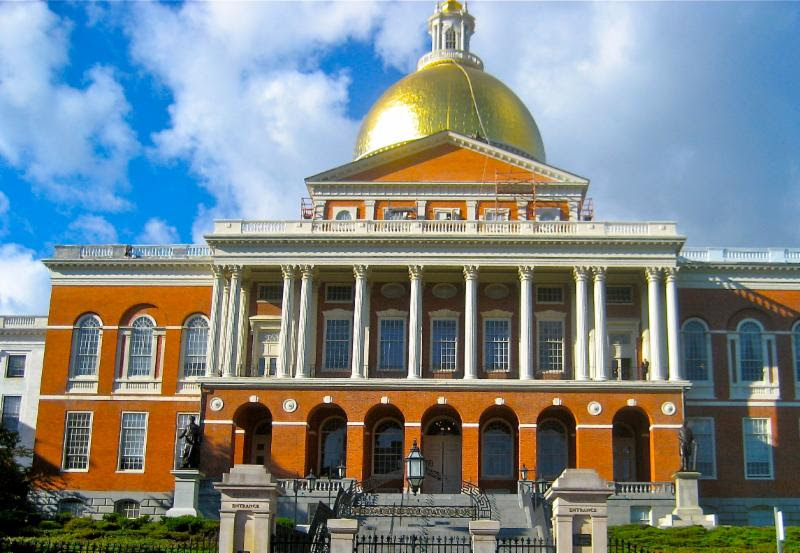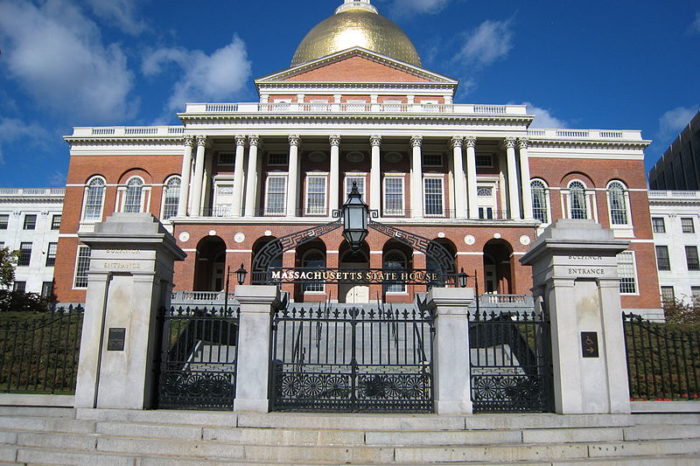Our Government Transparency Resolutions for 2016

While it’s possible that 2016 will see an historic surge in policies and laws that promote transparency in Massachusetts, the odds are we won’t see a quantum leap.
But as we dig deeper into the draft of the public records reform bill released by the Senate yesterday, we are encouraged that, after decades of inaction, Beacon Hill is more tuned in to the public’s demand for transparency – but there is much more work to do.
With Massachusetts ranking at or near rock bottom nationally in terms of open government, many are eager to shed the dark veils that mar our governmental processes so the state can assume its rightful place as a leader in good government.
As we have traditionally done each January, Pioneer Institute is sharing resolutions that would bring government actions into closer view and invigorate our democracy with heightened public engagement. To learn more about our online transparency tools, visit MassOpenBooks, MassAnalysis, and MassReportCards. Contact Mary Connaughton, Pioneer’s Director of Government Transparency, with any questions: mary@
NOTE: many resolutions below are similar to those of the prior year. Sadly, we didn’t see much movement on open government on Beacon Hill in 2015.
|
|
|
|
|
|
|
|
|
|
|
|
Pioneer Institute is an independent, non-partisan, privately funded research organization that seeks to improve the quality of life in Massachusetts through civic discourse and intellectually rigorous, data-driven public policy solutions based on free market principles, individual liberty and responsibility, and the ideal of effective, limited and accountable government.
|














